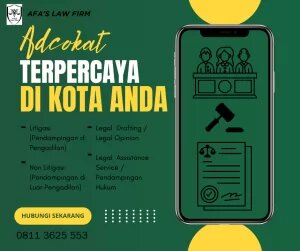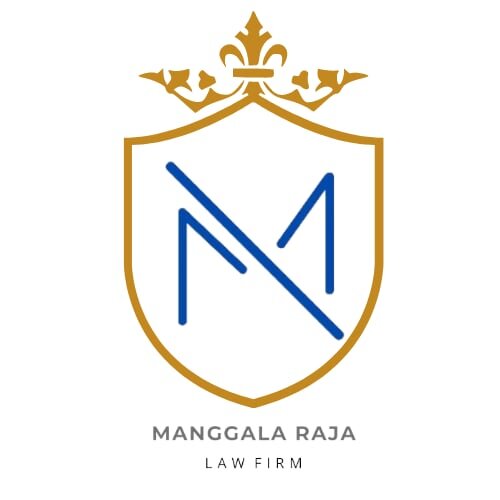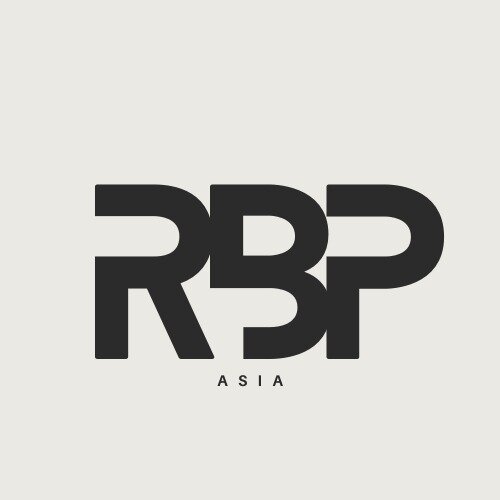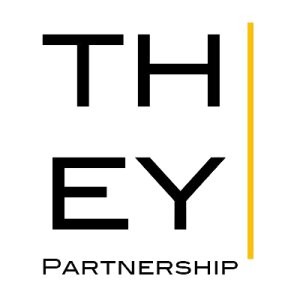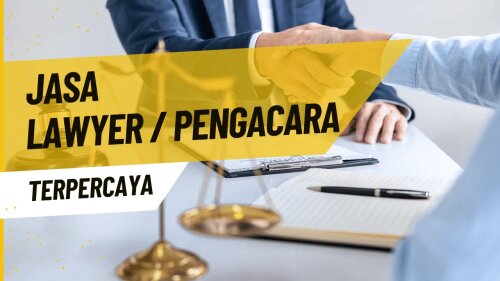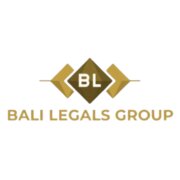Best Energy Regulatory Law Lawyers in Indonesia
Share your needs with us, get contacted by law firms.
Free. Takes 2 min.
Or refine your search by selecting a city:
List of the best lawyers in Indonesia
About Energy Regulatory Law in Indonesia
Energy Regulatory Law in Indonesia governs the use, management, production, and distribution of energy resources such as electricity, oil, natural gas, and renewable energy. The framework aims to ensure national energy security, promote fair competition, support sustainable development, and protect both the environment and consumer interests. Various statutes, regulations, and government agencies oversee and control the sector to support economic growth while adhering to international standards and addressing local needs.
Why You May Need a Lawyer
Navigating Indonesia’s Energy Regulatory Law can be complex due to strict compliance requirements, frequent regulatory changes, and overlapping jurisdictions between national and regional authorities. You may require legal help in several situations, such as:
- Starting or investing in an energy business
- Participating in licensing, tenders, or bid processes
- Negotiating contracts involving energy resources
- Responding to compliance audits or investigations
- Facing disputes or litigation related to energy supply or infrastructure
- Understanding requirements for renewable energy projects
- Complying with local content (TKDN) requirements
- Seeking clarification on environmental obligations linked to energy operations
- Dealing with regulatory violations or sanctions
- Acquiring or transferring energy assets or permits
Local Laws Overview
Energy Regulatory Law in Indonesia operates under several key statutes and regulations, shaped by its goal to achieve energy independence while prioritizing sustainability and public welfare. Important aspects include:
- Constitutional Basis: Article 33 of Indonesia’s Constitution mandates that natural resources, including energy, are controlled by the state and used for the greatest benefit of the people.
- Sectoral Law: Law No. 30 of 2009 on Electricity and Law No. 22 of 2001 on Oil and Gas are central statutes. These laws set out the regulatory structure, emphasizing state oversight through agencies such as PLN (for electricity) and SKK Migas (for oil and gas).
- Renewable Energy: Law No. 30 of 2007 on Energy and various ministerial regulations promote diversification and the development of renewable energy sources, such as geothermal, hydropower, solar, and wind.
- Licensing Regime: Energy businesses usually require multiple permits from both central and regional governments. The specifics depend on the type of resource and the intended operations.
- Foreign Investment: The government allows foreign participation in the energy sector, subject to restrictions under the Negative Investment List (now the Priority Investment List).
- Local Content Policy: Energy projects must meet certain domestic content requirements, promoting local industries and employment.
- Tariffs and Pricing: Energy prices are regulated in part by the government, especially for household customers and basic industries, although there is some room for negotiation in large-scale contracts.
- Environment and Social Safeguards: Environmental impact analysis (AMDAL) and community engagement are mandatory elements in project development.
Frequently Asked Questions
What government bodies oversee energy regulation in Indonesia?
Primary oversight is provided by the Ministry of Energy and Mineral Resources (MEMR), with specialized roles played by PLN (state electricity company), SKK Migas (upstream oil and gas regulator), BPH Migas (midstream and downstream oil and gas regulator), and EBTKE (renewable energy directorate).
Is foreign investment allowed in Indonesia's energy sector?
Foreign investment is permitted, often through joint ventures or contractual arrangements, subject to the rules in the Priority Investment List and sectoral regulations. Some activities, such as upstream oil and gas, have specific limits and approval processes.
What types of licenses are required to operate in the energy sector?
Depending on the activity (exploration, generation, transmission, distribution, retailing), operators must obtain various licenses from central and regional authorities. These may include Business Licenses, Environmental Licenses, and technical permits tailored to the specific energy resource.
How are energy tariffs set in Indonesia?
Energy tariffs, especially for electricity and gas, are largely regulated by the government. Prices for large customers and independent power producers can be negotiated within a regulatory framework, but approval from MEMR or PLN is usually required.
What environmental permits are needed for energy projects?
Projects must undergo environmental impact assessments (AMDAL) and obtain Environmental Feasibility Decrees and permits. Ongoing compliance with environmental standards and reporting is also required.
Are there local content requirements for energy projects?
Yes, the government mandates that a certain percentage of goods, services, and labor involved in energy projects be sourced locally (TKDN), to support national industries and workforce development.
What are the main renewable energy incentives?
Indonesia offers tax facilities, feed-in tariffs, priority grid access, and various grants or funding support for projects utilizing renewable energy sources. The exact incentives depend on the energy type and project scale.
How do I resolve a dispute with a government agency or partner?
Disputes can be resolved through administrative appeals, mediation, arbitration (sometimes required by contract), or litigation in Indonesian courts. Engaging specialized legal counsel is highly recommended.
What legal obligations do energy companies have towards local communities?
Companies are required to engage and consult with affected communities, ensure fair compensation and relocation (when necessary), and contribute to social development programs as outlined in corporate social responsibility (CSR) regulations.
Can energy permits be transferred or sold?
Transfer or sale of permits is regulated, often requiring prior government approval. The process and requirements vary by energy resource and the type of license.
Additional Resources
If you require more information or assistance, the following government bodies and organizations can help:
- Ministry of Energy and Mineral Resources (MEMR) - the chief regulator for all energy sectors
- PLN (Perusahaan Listrik Negara) - state-owned electricity company
- SKK Migas - upstream oil and gas regulatory body
- BPH Migas - agency overseeing midstream and downstream oil and gas activities
- EBTKE (Directorate General of New, Renewable Energy, and Energy Conservation) - for renewable energy matters
- Investment Coordinating Board (BKPM) - for foreign investment queries
- Indonesian Renewable Energy Society (METI)
- Indonesian Chamber of Commerce and Industry (KADIN)
Next Steps
If you are considering involvement in Indonesia’s energy sector or face legal questions regarding energy regulation, the steps below can guide you:
- Clearly identify your business objectives or legal issue, and gather relevant documentation.
- Familiarize yourself with key local laws or consult publicly available materials from government agencies.
- Contact a specialized energy regulatory or environmental law lawyer, preferably one with local experience and a strong track record.
- Prepare details of your case or project for the initial consultation.
- Work with your lawyer to develop a compliance plan, address regulatory risks, and handle any licensing or enforcement processes.
- Stay updated on regulatory changes that could affect your interests, as Indonesian energy law evolves rapidly.
Lawzana helps you find the best lawyers and law firms in Indonesia through a curated and pre-screened list of qualified legal professionals. Our platform offers rankings and detailed profiles of attorneys and law firms, allowing you to compare based on practice areas, including Energy Regulatory Law, experience, and client feedback.
Each profile includes a description of the firm's areas of practice, client reviews, team members and partners, year of establishment, spoken languages, office locations, contact information, social media presence, and any published articles or resources. Most firms on our platform speak English and are experienced in both local and international legal matters.
Get a quote from top-rated law firms in Indonesia — quickly, securely, and without unnecessary hassle.
Disclaimer:
The information provided on this page is for general informational purposes only and does not constitute legal advice. While we strive to ensure the accuracy and relevance of the content, legal information may change over time, and interpretations of the law can vary. You should always consult with a qualified legal professional for advice specific to your situation.
We disclaim all liability for actions taken or not taken based on the content of this page. If you believe any information is incorrect or outdated, please contact us, and we will review and update it where appropriate.
Browse energy regulatory law law firms by city in Indonesia
Refine your search by selecting a city.



